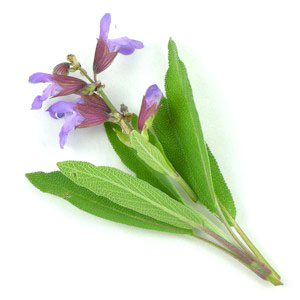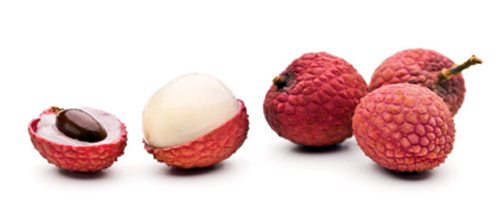SAGE – natural herbal help for hot flushes associated with menopause
Hot flushes are the most common menopausal symptom, experienced by three-quarters of women, but that doesn’t mean they are something that has to be endured. There are lifestyle changes and natural remedies that can help. Lifestyle changes would be to improve the diet, exercise more, get more sleep and reduce stress.
For some women, lifestyle changes are not enough and more help is needed. That’s when Sage can help.
Salvia or Sage is one of the oldest medicinal plants and has been used for centuries by herbalists in the treatment of hot flushes. Nature gives a clue to its use, as when the plant is in the full sun, the leaves appear to have little drops of perspiration. Sage has a re-balancing effect on the hypothalamus thus correcting sweat regulation.



